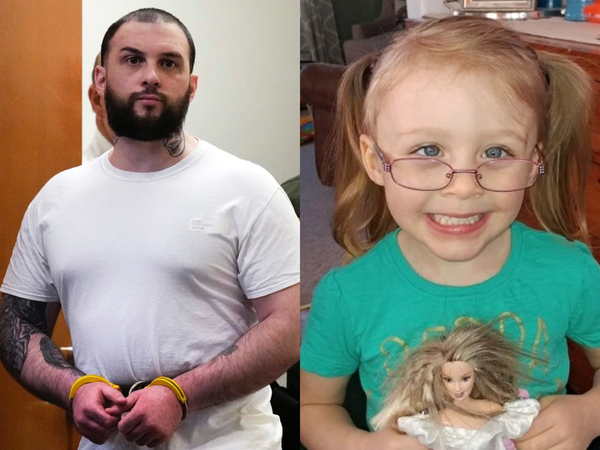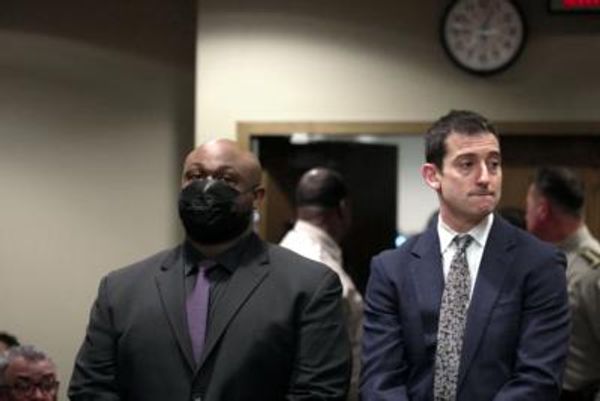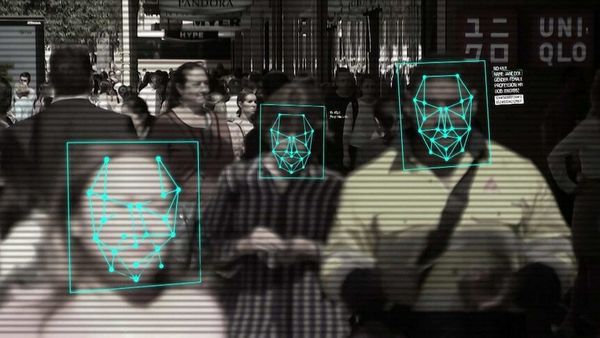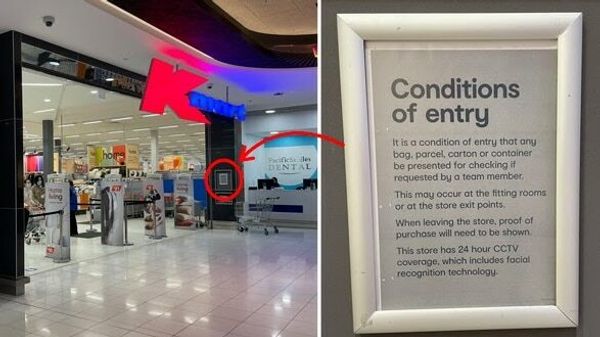
Academics and digital privacy groups have called for a ban on the use of facial recognition technology until proper regulations are put in place to protect the public, following claims that retailers like Bunnings and Kmart may be breaching the law with their use of the technology.
Yesterday, consumer advocacy group CHOICE released a report investigating how Australia’s top 25 retailers are using facial recognition technology. Their major findings were that three of them — Kmart, Bunnings and The Good Guys — admitting to using the technology.
When CHOICE staff visited their stores, they found that Kmart and Bunnings stores had signs that were “small, inconspicuous and would have been missed by most shoppers”. This may contravene the Privacy Act, according to CHOICE.
Bunnings was the only store of the three that explained why they were using the technology (“to prevent theft and anti-social behaviour”). The company did not immediately respond to request for comment about whether the use of facial recognition had flagged any individuals.
Additionally, the consumer advocacy group also surveyed 1000 Australians and found that three quarters of them were unaware that retailers were using the technology. Two-thirds of them said they were concerned that profiles created using facial recognition could harm them.
It’s on the back of these findings that there are renewed calls for a moratorium on the use of the technology to surveil the public until further safeguards are in place.
The Australia Institute’s Centre for Responsible Technology director Peter Lewis said that CHOICE’s findings showed that the technology “is being deployed without necessary safeguards and redlines to protect the public.”
Lewis pointed towards a 2021 report released by the Hugh Rights Commissioner Human Rights and Technology calling for the temporary ban. The author of that report, the then-outgoing Human Rights Commissioner and now professor at the University of Technology Sydney Ed Santow, reiterated his concerns about the unchecked use of the technology.
“Even if that technology was perfectly accurate, and it’s not, but even if it were, it also takes us into the realm of mass surveillance,” Santow told CHOICE.
“And I think there will be great concern in the Australian community about walking down that path.”










